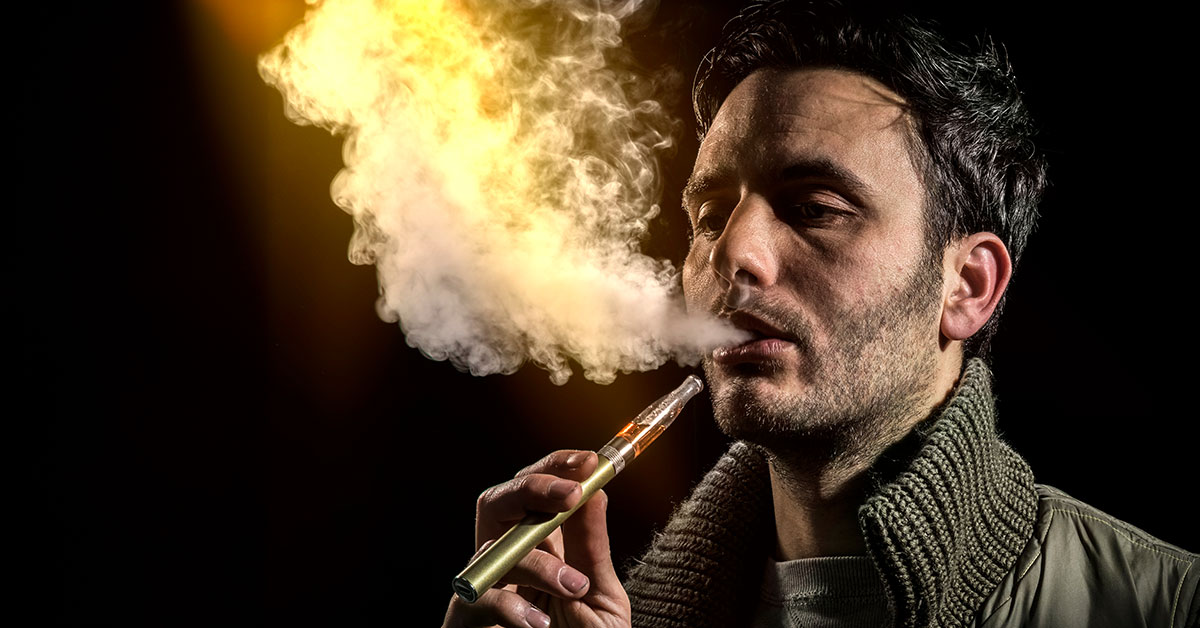Breathing is something most of us don’t think about—until it becomes hard to do. For people recovering from pneumonia, COVID-19, or other lung illnesses, every breath can take effort. Getting your lungs healthy again can be a slow and emotional process, filled with ups and downs. During this time, the choices you make—especially about smoking or vaping—can make a big difference in how well your lungs heal.
At Birmingham Pulmonary Group, we help patients through this critical stage with both medical expertise and compassionate care, using the latest science to support your recovery every step of the way.
The Delicate Process of Lung Healing
After a lung infection, your body begins a careful healing process. At first, your immune system fights off germs and clears out debris. That inflammation is part of recovery, but if it lasts too long, it can cause more harm than good.
Over the next few weeks, your lungs start repairing tiny air sacs called alveoli, which are responsible for moving oxygen into your blood. They also work to regrow cilia—the tiny hairs in your airways that help sweep out mucus and irritants.
Everyone heals at a different pace, depending on how severe the illness was, as well as age, genetics, and other health conditions. Most people start to feel better within three to six weeks, but some may take longer. A recent study found that almost one in three patients recovering from pneumonia or COVID-19 still had shortness of breath or fatigue after three months. That’s why this period is so important—what you do now can either help or hurt your recovery.
How Smoking Damages Healing Lungs
Cigarette smoke contains more than 7,000 chemicals, and many of them are toxic or cancer-causing. These chemicals make it much harder for your lungs to repair themselves.
- Nicotine tightens your blood vessels, reducing oxygen flow to tissues that are trying to heal.
- Carbon monoxide takes the place of oxygen in your blood, so your body gets less of what it needs to recover.
- Tar and other particles clog and paralyze the cilia, the tiny hairs that keep your airways clean. This can cause mucus buildup and more infections.
Smoking also keeps your lungs in a constant state of inflammation. What should be short-term healing turns into long-term damage. Studies show that smokers who get pneumonia or COVID-19 usually take longer to recover and are more likely to develop lung scarring (fibrosis), which can make breathing harder permanently.
By smoking while you’re recovering, you interrupt your body’s natural repair process, delay healing, and raise your risk for chronic breathing problems.
Vaping: The False Sense of Safety
Many people think vaping is a safer choice, especially when they’re sick—but it’s not. The vapor from e-cigarettes isn’t just water; it’s filled with tiny particles, metals, and chemicals that reach deep into your lungs.
Most vaping products also contain nicotine, which weakens your immune system and slows down tissue repair. Some even contain flavoring chemicals like diacetyl, which has been linked to a serious lung disease known as “popcorn lung.”
There’s also a dangerous condition called EVALI (e-cigarette or vaping product use-associated lung injury) that can cause severe inflammation and scarring, much like pneumonia.
Studies have shown that people who vape while recovering from COVID-19 improve 30% more slowly and are more likely to have a long-lasting cough compared to non-vapers.
Supporting Your Lungs: Simple Steps for Better Healing
Helping your lungs heal takes time and care, but there are proven ways to support recovery:
- Quit smoking and vaping completely. Even secondhand smoke can slow healing and irritate airways. If quitting feels hard, you don’t have to do it alone. Nicotine patches, gum, and prescription medications can help, and our smoking cessation specialists at Birmingham Pulmonary are here to guide you.
- Start gentle movement. Light exercise, like walking or doing guided breathing exercises, can help your lungs regain strength and capacity. Pulmonary rehabilitation programs offer safe, supervised support.
- Eat for healing. Foods rich in antioxidants—like berries, leafy greens, and nuts—help reduce inflammation. Lean protein supports tissue repair, and staying hydrated keeps mucus thin so it’s easier to clear from your lungs.
- Follow up with your doctor. Regular checkups, lung function tests, and imaging can track your progress and catch problems early—before they turn into bigger issues.
Your Lungs Deserve Expert, Compassionate Care
Recovering from a lung illness takes patience, courage, and support. It can feel lonely or frustrating, but you don’t have to go through it on your own.
At Birmingham Pulmonary Group, we combine advanced testing and treatments with personalized, compassionate care. Our team is here to answer your questions, monitor your progress, and help you breathe easier again.
If you or someone you love is recovering from a lung illness, take the next step today. Schedule a consultation to check your lung function and create a recovery plan designed just for you.
Take a deep breath and reach out: Contact Birmingham Pulmonary Group at (205) 933-9258 or visit www.bhampulmonary.com to make an appointment.

